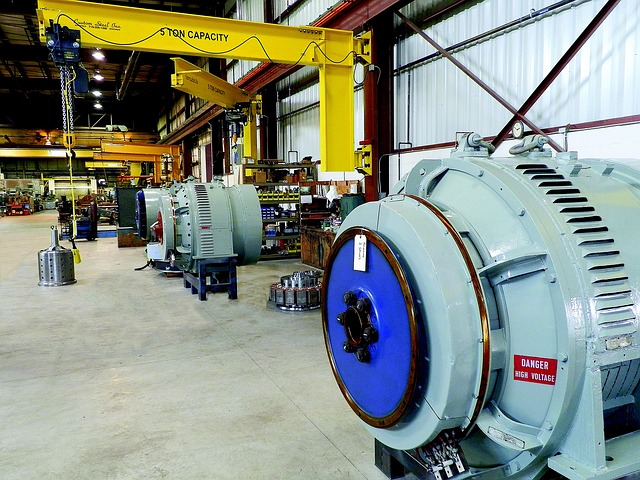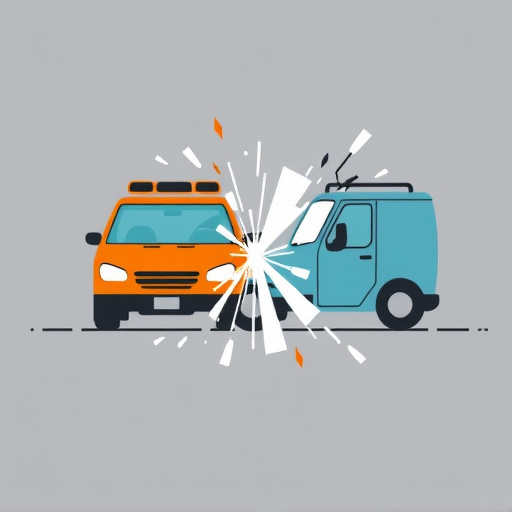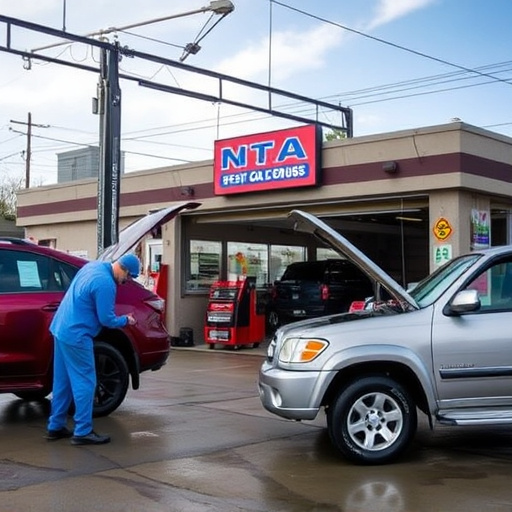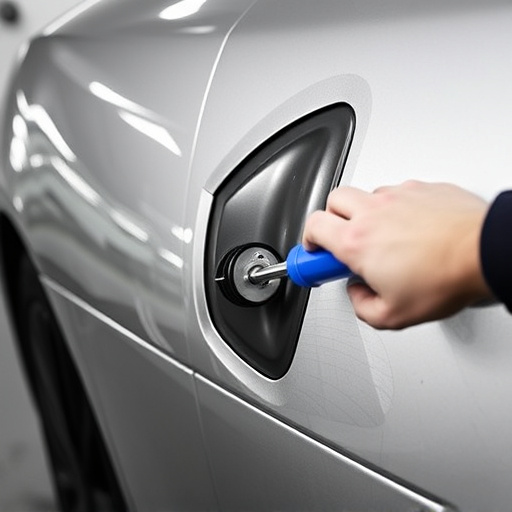Efficient claim dispute resolution (CDR) is vital for auto body shops, ensuring accurate repairs, saving costs, and fostering trust. By promoting open communication, collaborative problem-solving, and streamlined evidence assessment, CDR prevents legal battles, improves client relationships, and enhances operational efficiency, benefiting small to medium-sized enterprises in the automotive industry.
Claim dispute resolution is a pivotal process that significantly influences the outcome of claims, impacting both efficiency and cost. Understanding its intricate dynamics is essential for organizations and individuals alike. This article delves into the various facets of claim dispute resolution, exploring how it shapes claims’ outcomes. We examine strategies to streamline the process, offering time and cost savings, while also providing insights on enhancing overall dispute handling. By the end, readers will grasp the importance of efficient claim dispute resolution in navigating legal complexities.
- Exploring Impact on Claims' Outcomes
- Efficient Resolution: Time and Cost Savings
- Strategies to Enhance Dispute Handling
Exploring Impact on Claims' Outcomes

Understanding how claim dispute resolution affects claims is essential for both claimants and insurance providers. The process plays a pivotal role in determining the ultimate outcome of a claim, whether it’s approved or denied. Efficient claim dispute resolution involves clear communication, thorough documentation, and a fair assessment of the evidence presented. By exploring this impact, individuals can better navigate their rights and expectations during what can often be a stressful period.
In the context of auto collision centers and car repair shops, effective claim dispute resolution means ensuring that damaged vehicles receive appropriate appraisal and repair. For instance, an auto glass repair may not always require a full replacement, leading to cost savings for both parties if accurately assessed. This not only affects financial outcomes but also fosters trust between claimants, insurance companies, and the car repair shop, promoting a collaborative environment in resolving disputes fairly and promptly.
Efficient Resolution: Time and Cost Savings

Efficient claim dispute resolution is a game-changer for any business, especially those in the automotive industry such as auto body shops and maintenance facilities. By implementing effective strategies to navigate and resolve disputes, these businesses can achieve significant time and cost savings. When a claim arises, whether it’s related to a faulty repair or a disagreement over billable hours, prompt action is crucial. Efficient resolution means having well-defined processes in place to address concerns quickly, reducing the potential for prolonged legal battles or costly arbitration.
This proactive approach not only minimizes financial losses but also fosters stronger relationships with clients. Auto body shops and automotive repair centers can build a reputation for fairness and integrity by ensuring that claims are handled swiftly and fairly. Efficient dispute resolution also contributes to improved operational efficiency, allowing businesses to focus their resources on delivering quality services rather than getting mired in lengthy legal procedures, which is particularly beneficial for small to medium-sized enterprises in the auto industry.
Strategies to Enhance Dispute Handling

Effective claim dispute resolution is a cornerstone of any successful claims management process. To enhance dispute handling, organizations should prioritize proactive strategies that foster open communication and collaborative problem-solving. Engaging in early discussions with claimants to understand their perspectives can defuse tensions and identify common goals, ultimately streamlining the resolution process.
Implementing efficient procedures for documenting and evaluating evidence is also crucial. Streamlined processes for gathering and analyzing data, such as those utilized in automotive collision repair like fender repair services, can facilitate faster and more accurate claim assessments. By adopting these strategies, claims handlers can navigate complex disputes effectively, ensuring a smoother process for all parties involved while minimizing the financial and reputational risks associated with unresolved claims.
Claim dispute resolution plays a pivotal role in shaping the outcomes of claims, offering efficient time and cost savings while enhancing overall handling strategies. By understanding the impact on various aspects of claims, professionals can navigate complex scenarios with enhanced expertise. Implementing effective dispute resolution techniques not only expedites processes but also fosters better relationships between stakeholders, ultimately leading to more favorable resolutions.














